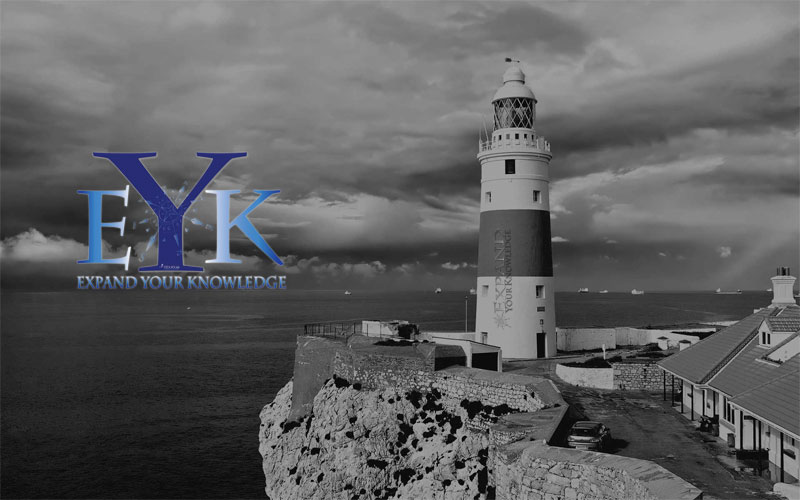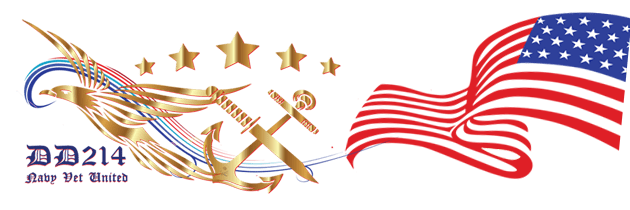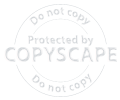Published on 11/27/2020 – Last Updated on 11/27/2020 by OTC
Posted by BritneyMuller
Last week, we took you into the future with SEO expert Britney Muller to explore link prospecting in 2021. This week, we’re going back in time — all the way to 2017 — for her concrete advice on an important part of building links: image link building.
Image link building is a delicate art. There are some distinct considerations from traditional link building, and doing it successfully requires a balance of creativity, curiosity, and having the right tools on hand. Let’s dive in!
Click on the whiteboard image above to open a high-resolution version in a new tab!
Video Transcription
Hey, Moz fans, welcome to another edition of Whiteboard Friday. Today we’re going to go over all things image link building, which is sort of an art. I’m so excited to dig into this with you.
Know your link targets
So first and foremost, you need to know your link targets:
I. Popular industry platforms – top pages
What are those top platforms or websites that you would really like to acquire a link from? Then, from there, you can start to understand who might be influencers on those platforms, who’s writing the content, who might you contact, and also what are the top pages currently for those sites. There are a number of tools that give you a glimpse into that information. Moz’s OSE, Open Site Explorer, will show you top pages. SEMrush has a top page report. SimilarWeb has a popular page report. You can dig into all that information there, really interesting stuff.
II. Old popular images – update!
You can also start to dig into old, popular images and then update them. So what are old popular images within your space that you could have an opportunity to revamp and update? A really neat way to sort of dig into some of that is BuzzSumo’s infographics filter, and then you would insert the topic. You enter the industry or the topic you’re trying to address and then search by the infographics to see if you can come across anything.
III. Transform popular content into images
You can also just transform popular content into images, and I think there is so much opportunity in doing that for new statistics reports, new data that comes out. There are tons of great opportunities to transform those into multiple images and leverage that across different platforms for link building.
IV. Influencers
Again, just understanding who those influencers are.
Do your keyword research
So, from here, we’re going to dive into the keyword research part of this whole puzzle, and this is really understanding the intent behind people searching about the topic or the product or whatever it might be. Something you can do is evaluate keywords with link intent. This is a brilliant concept I heard about a couple weeks back from Dan Shure’s podcast. Thank you, Dan. Essentially it’s the idea that keywords with statistics or facts after the keyword have link intent baked into the search query. It’s brilliant. Those individuals are searching for something to reference, to maybe link to, to include in a presentation or an article or whatever that might be. It has this basic link intent.
Another thing you want to evaluate is just anything around images. Do any of your keywords and pictures or photos, etc. have good search volume with some opportunities? What does that search result currently look like? You have to evaluate what’s currently ranking to understand what’s working and what’s not. I used to say at my old agency I didn’t want anyone writing any piece of content until they had read all of the 10 search results for that keyword or that phrase we were targeting. Why would you do that until you have a full understanding of how that looks currently and how we can make something way better?
Rand had also mentioned this really cool tip on if you find some keywords, it’s good to evaluate whether or not the image carousel shows up for those searches, because if it does, that’s a little glimpse into the searcher intent that leads to images. That’s a good sign that you’re on the right track to really optimize for a certain image. It’s something to keep in mind.
Provide value
So, from here, we’re going to move up to providing value. Now we’re in the brainstorming stage. Hopefully, you’ve gotten some ideas, you know where you want to link from, and you need to provide value in some way. It could be a…
I. Reference/bookmark Maybe something that people would bookmark, that always works.
II. Perspective is a really interesting one. So some of the most beautiful data visualizations do this extremely well, where they can simplify a confusing concept or a lot of data. It’s a great way to leverage images and graphics.
III. Printouts still work really well. Moz has the SEO Dev Cheat Sheet that I have seen printed all over at different agencies, and that’s really neat to see it adding value directly.
IV. Curate images. We see this a lot with different articles. Maybe the top 25 to 50 images from this tradeshow or this event or whatever it might be, that’s a great way to leverage link building and kind of getting people fired up about a curated piece of content.
Gregory Ciotti — I don’t know if I’m saying that right — has an incredible article I suggest you all read called “Why a Visual Really Is Worth a Thousand Words,” and he mentions don’t be afraid to get obvious. I love that, because I think all too often we tend to overthink images and executing things in general. Why not just state the obvious and see how it goes? He’s got great examples.
Optimize
So, from here, we are going to move into optimization. If any of you need a brush-up on image optimization, I highly suggest you check out Rand’s Whiteboard Friday on image SEO. It covers everything. But some of the basics are your…
Title
You want to make sure that the title of the image has your keyword and explains what it is that you’re trying to convey.
Alt text
This was first and foremost designed for the visually impaired, so you need to be mindful of visually impaired screen readers that will read this to people to explain what the image actually is. So first and foremost, you just need to be helpful and provide information in a descriptive way to describe that image.
Compression
Compression is huge. Page speed is so big right now. I hear about it all the time. I know you guys do too. But one of the easiest ways to help page speed is to compress those huge images. There’s a ton of great free tools out there, like Optimizilla, where you can bulk upload a bunch of large images and then bulk download. It makes it super easy. There are also some desktop programs, if you’re doing this kind of stuff all the time, that will automatically compress images you download or save. That might be worth looking into if you do this a lot.
You want to host the image. You want it to live on your domain. You want to house that. You can leverage it on other platforms, but you want sort of that original to be on your site.
SRCSET
Source set attribute is getting a little technical. It’s super interesting, and it’s basically this really incredible image attribute that allows you to set the minimum browser size and the image you would prefer to show up for different sizes. So you can not only have different images show up for different devices in different sizes, but you can also revamp them. You can revamp the same image and serve it better for a mobile user versus a tablet, etc. Jon Henshaw has some of the greatest stuff on source set. Highly suggest you look at some of his articles. He’s doing really cool things with it. Check that out.
Promotion
So, from here, you want to promote your images. You obviously want to share it on popular platforms. You want to reach back out to some of these things that you might have into earlier. If you updated a piece of content, make them aware of that. Or if you transformed a really popular piece of content into some visuals, you might want to share that with the person who is sharing that piece of content. You want to start to tap into that previous research with your promotion.
Inform the influencers
Ask people to share it. There is nothing wrong with just asking your network of people to share something you’ve worked really hard on, and hopefully, vice versa, that can work in return and you’re not afraid to share something a connection of yours has that they worked really hard on.
Monitor the image SERPs
From here, you need to monitor. One of the best ways to do this is Google reverse image search. So if you go to Google and you click the images tab, there’s that little camera icon that you can click on and upload images to see where else they live on the web. This is a great way to figure out who is using your image, where it’s being held, are you getting a backlink or are you not. You want to keep an eye on all of that stuff.
Two other tools to do this, that I’ve heard about, are Image Raider and TinEye. But I have not had great experience with either of these. I would love to hear your comments below if maybe you have.
Reverse image search with Google works the best for me. This is also an awesome opportunity for someone to get on the market and create a Google alert for images. I don’t think anyone is actually doing that right now. If you know someone that is, please let me know down below in the comments. But it could be a cool business opportunity, right? I don’t know.
So for monitoring, let’s say you find your image is being used on different websites. Now you need to do some basic outreach to get that link. You want to request that link for using your image.
This is just a super basic template that I came up with. You can use it. You can change it, do whatever you want. But it’s just:
Hi, [first name].
Thank you so much for including our image in your article. Great piece. Just wondering if you could link to us.com as the source.
Thanks,
Britney
Something like that. Something short, to the point. If you can make it more personalized, please do so. I can’t stress that enough. People will take you way more seriously if you have some nugget of personal information or connection that you can make.
From there, you just sort of stay in this loop. After you go through this process, you need to continue to promote your content and continue to monitor and do outreach and push that to maximize your link building efforts.
So I hope you enjoyed this. I look forward to hearing all of your comments and thoughts down below in the comments. I look forward to seeing you all later. Thanks for joining us on this edition of Whiteboard Friday. Thanks.
Video transcription by Speechpad.com
Sign up for The Moz Top 10, a semimonthly mailer updating you on the top ten hottest pieces of SEO news, tips, and rad links uncovered by the Moz team. Think of it as your exclusive digest of stuff you don’t have time to hunt down but want to read!
![]()










Comments